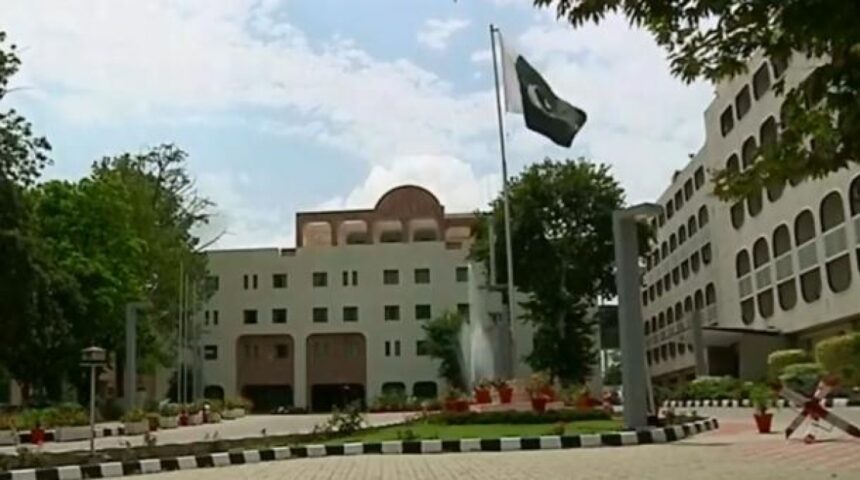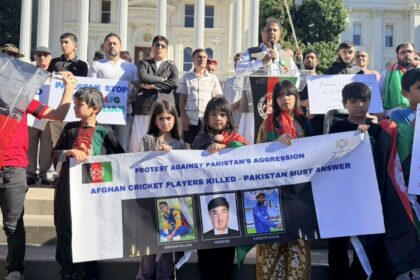RASC News Agency: In a strongly worded statement issued on Sunday, the Ministry of Foreign Affairs of Pakistan condemned the recent United States airstrikes targeting Iran’s nuclear facilities, calling them a blatant violation of international law and a dangerous provocation in an already volatile region. Labeling the strikes a breach of the United Nations Charter and the principles of state sovereignty, Islamabad reaffirmed Iran’s legitimate right to defend its territory and citizens. The ministry emphasized that military aggression against sovereign infrastructure, particularly those linked to peaceful nuclear development, sets a deeply troubling precedent and risks plunging the region into deeper instability.
“Every nation, including the Islamic Republic of Iran, retains the inherent right under the UN Charter to protect its sovereignty,” the statement read. “The use of force under such circumstances threatens to erode diplomatic frameworks and inflame broader regional tensions.” Expressing grave concern over the sharp escalation in hostilities between the United States and Iran, the Pakistani government warned that further confrontation could have catastrophic implications not just for the Middle East but for global peace and security. Islamabad called on all parties to exercise maximum restraint, return to the path of diplomacy, and prioritize dialogue over destructive confrontation.
The foreign ministry also urged adherence to international humanitarian law, particularly with regard to the protection of civilian lives and infrastructure. “The sanctity of civilian life must be preserved in all military engagements,” it said, reiterating Pakistan’s long-standing commitment to peaceful resolution of disputes. Echoing its traditional position as a regional stabilizer, Pakistan reiterated that sustainable peace in the Middle East can only be achieved through mutual respect, commitment to international obligations, and adherence to the principles enshrined in the UN Charter.
The ministry further called on the international community particularly global powers and regional organizations to play a proactive role in de-escalating the situation and preventing the eruption of a wider geopolitical crisis. This statement by Islamabad comes amid rising fears of a broader conflict following the U.S. strikes on Iranian territory, which Tehran has condemned as unlawful aggression. While several countries, including Afghanistan’s former political leaders such as Abdullah Abdullah and Hamid Karzai, have voiced concern over the potential ramifications, the Taliban regime in Kabul has remained conspicuously silent a stance that many analysts interpret as indicative of its ambiguous and non-sovereign foreign policy posture.
Pakistan’s timely and clear diplomatic response stands in stark contrast to the Taliban’s muted presence on the global stage, further highlighting the regime’s inability or unwillingness to meaningfully engage in regional peace and security discourse. As tensions mount, the absence of a coherent Afghanistani voice only exacerbates Afghanistan’s growing marginalization in regional affairs under Taliban rule.






